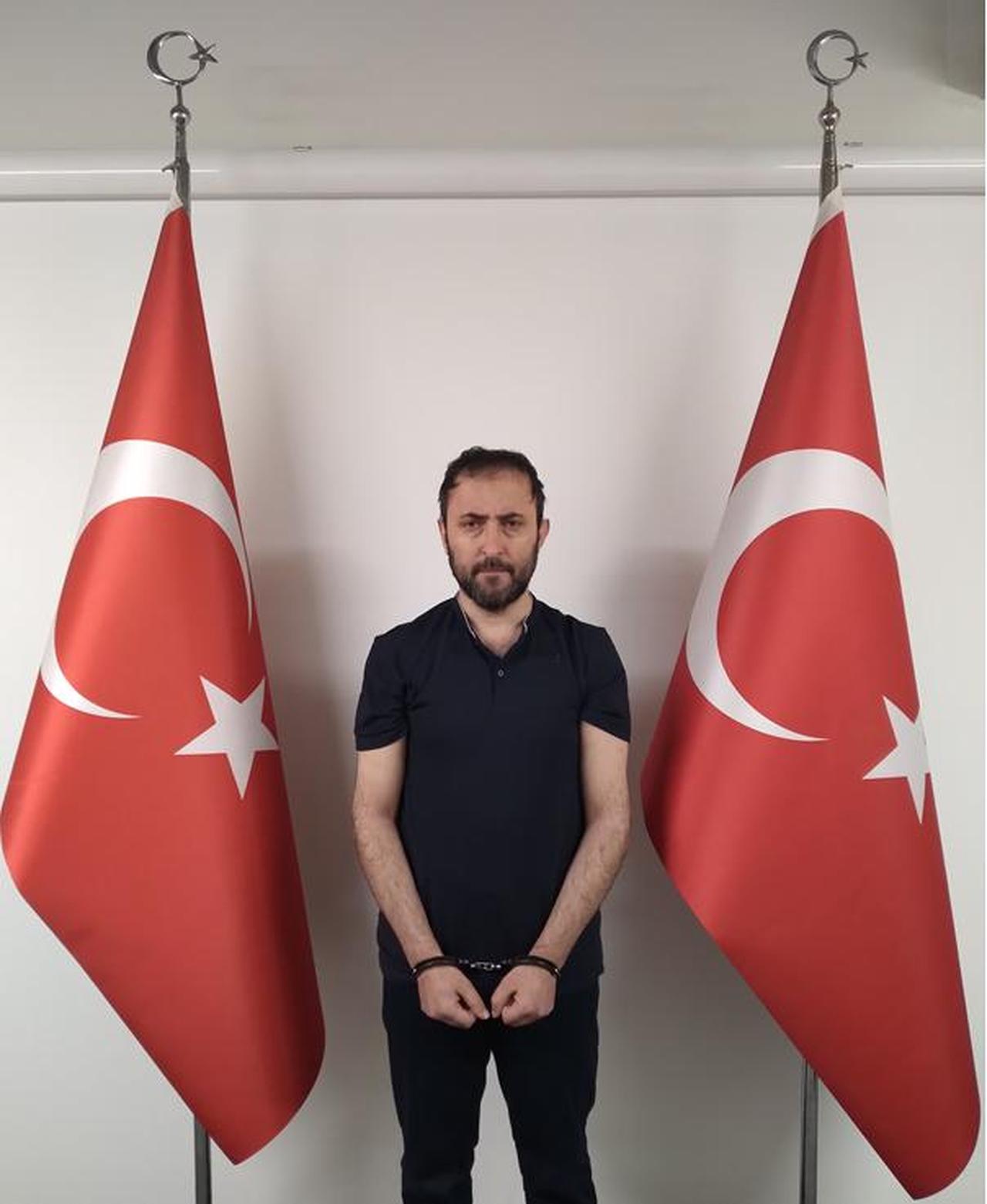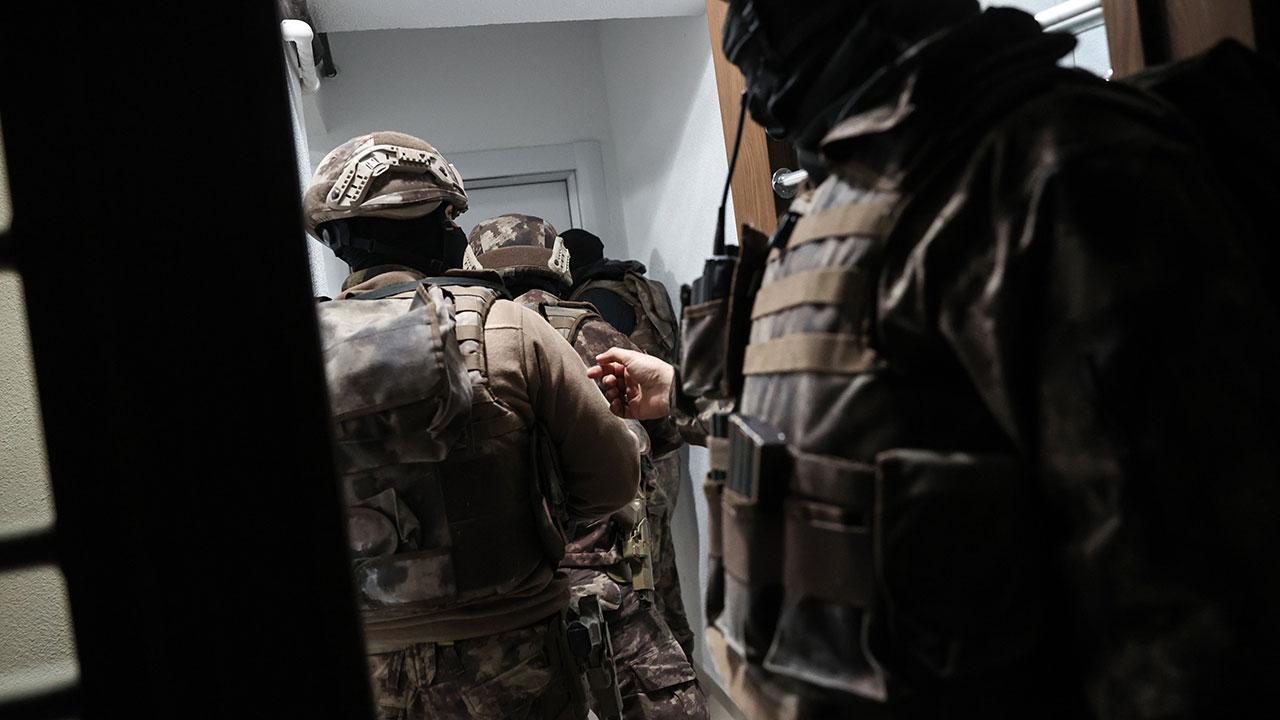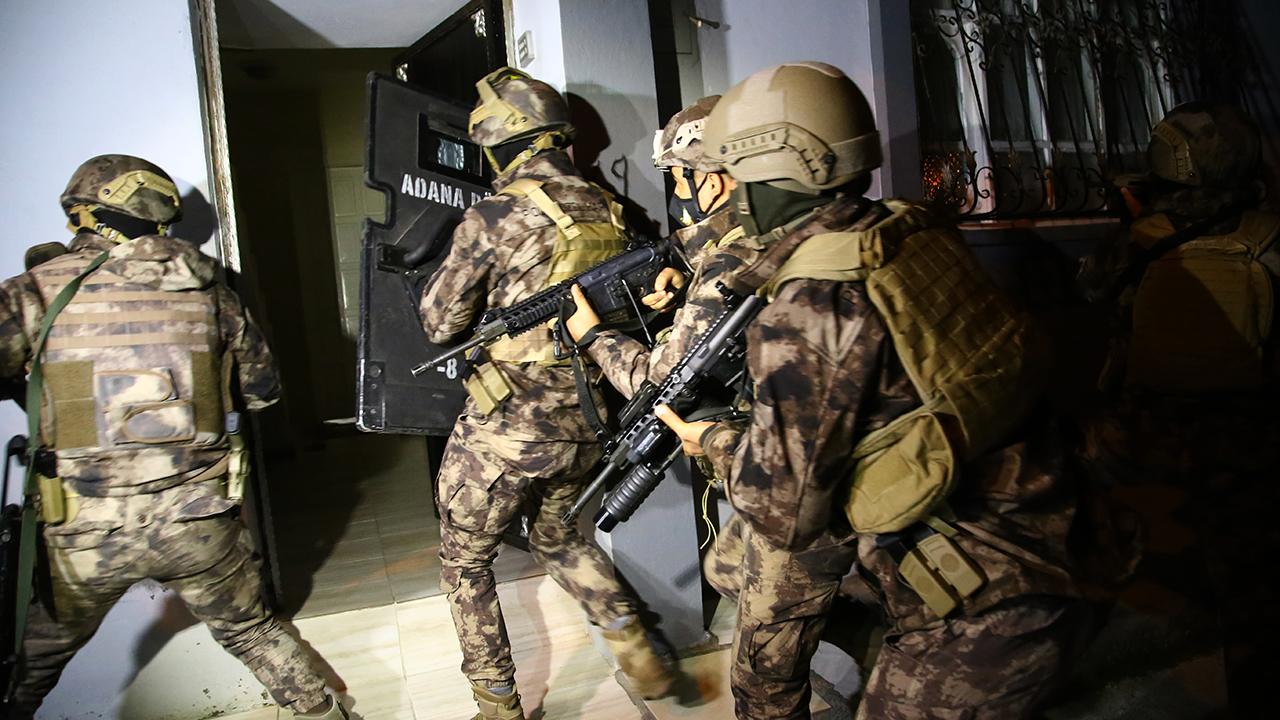
Turkish National Intelligence Organization (MIT) and Pakistan's Inter-Services Intelligence (ISI) conducted a joint precision operation that resulted in the capture of Ozgur Altun, a high-level Daesh terrorist wanted in the orange category, at the Pakistan-Afghanistan border.
According to security sources, Altun, who operated under the code name "Abu Yasir Al Turki," served as a senior Turkish media official within Daesh's so-called Khorasan structure and was involved in organizing Daesh member transfers from Europe and Central Asia to the Afghanistan-Pakistan region.
The captured terrorist has been extradited to Türkiye following the successful cross-border intelligence operation.

MIT determined that the Turkish-origin individual was organizing the transit of Daesh members from Europe and Central Asia to the Afghanistan-Pakistan area while simultaneously serving as the terrorist organization's "highest-level Turkish Daesh leader" in media and logistics operations.
Security sources revealed that Altun had issued instructions for conducting attacks targeting concert venues where civilian populations gather in masses in Türkiye and Europe.
The investigation identified him as the senior Turkish media official within Daesh's Khorasan structure who appeared on the wanted terrorists list in the orange category.
When Pakistan's intelligence service ISI was informed about the Daesh terrorist operating in Afghanistan and planning to cross into Pakistan, they assured MIT that all necessary support would be provided.
Pakistani intelligence emphasized that "Türkiye's enemy is also Pakistan's enemy," demonstrating the strong counter-terrorism cooperation between the two countries.
Following this assurance, MIT and ISI conducted the precision operation that led to Altun's capture at the Pakistan-Afghanistan border and his subsequent extradition to Türkiye.

The operation successfully thwarted Daesh's action plans targeting Türkiye and exposed the organization's recruitment methods while seizing attack plans and digital materials belonging to the terrorist organization.
Security sources indicated that the capture disrupted Daesh's operational planning against Türkiye and revealed the organization's recruitment strategies and operational procedures.
The seized digital materials are expected to provide valuable intelligence about Daesh's organizational structure and planned terrorist activities in the region.
Altun's role as a senior media official within Daesh's Khorasan structure made him a significant target for counter-terrorism operations due to his involvement in propaganda activities and operational coordination. His capture represents a significant blow to Daesh's media operations and recruitment activities in the Afghanistan-Pakistan region, particularly those targeting Turkish and European locations.
The operation demonstrates the effectiveness of international intelligence cooperation in combating transnational terrorist threats.